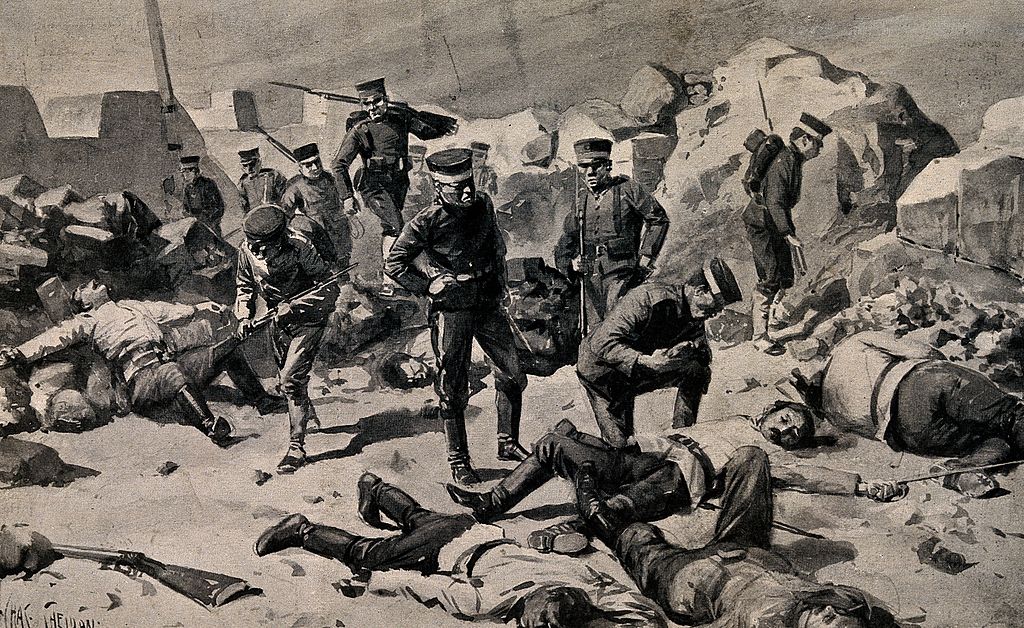One has the sense, Aleksey Shaburov says, that a new “authoritarian international” is informally taking shape defined by the hostility of authoritarian rulers of the most varied kind of democracy and human rights. This can be something “very powerful” if its members act quickly and “manage to avoid quarreling.”
The Yekaterinburg commentator suggests that won’t be easy because these countries have “different religions, different economic systems, and different values. What for instance to Türkiye, China and Belarus have in common? But these have been pushed to the side in a union for the struggle against democracy.”
At the same time, “cooperation among such countries can be the most varied and unexpected,” Shaburov continues. For example, Türkiye can send to Belarus flows of refugees which then storm the borders of the EU. Why? For a hybrid war with ‘the democratic West’ as such.”
US President Joe Biden recently remarked that “both Putin and Xi have told me that in their opinion, democracy cannot work in the 21st century because it takes too much time to reach a consensus and that that is why autocracies have won out in our time.”
This is a significant development, the commentator continues, because it means that
“authoritarianism has become an ideology in and of itself and is being transformed into a political value for very strong players.”
If they succeed and avoid conflict among themselves, they will have great chances for success.
Although Shaburov does not address the differences between this situation and that of the cold war, it is obvious and for the defenders of democracy and human rights extremely worrisome. Those who stood up to communist totalitarianism included both defenders of democracy and capitalists.
The latter was kept in that alliance by fears of being called “soft on communism.” But now, with communism having lost out formally or informally, business interests are under no such constraints and seek profit wherever they can find it. Authoritarian regimes make use of that, and those seeking to promote democracy and human rights have thus lost a powerful ally.
Read More:
- Why authoritarians love the concept of the big conspiracy
- Russia and its authoritarian friends lag increasingly behind its free enemies, Illarionov says
- Why have two revolutions won in Ukraine but none in Russia or Belarus? Historian Hrytsak answers
- How Russia and China are resurrecting the Cold War with Covid disinformation
- Vitaly Portnikov: Putin is politically dead, but he’s dragging Ukraine & the world into the past
- What Ukraine’s civil society wants to tell at Biden’s Global Democracy Summit
- Putinism is the post-industrial form of fascism, Skobov says





